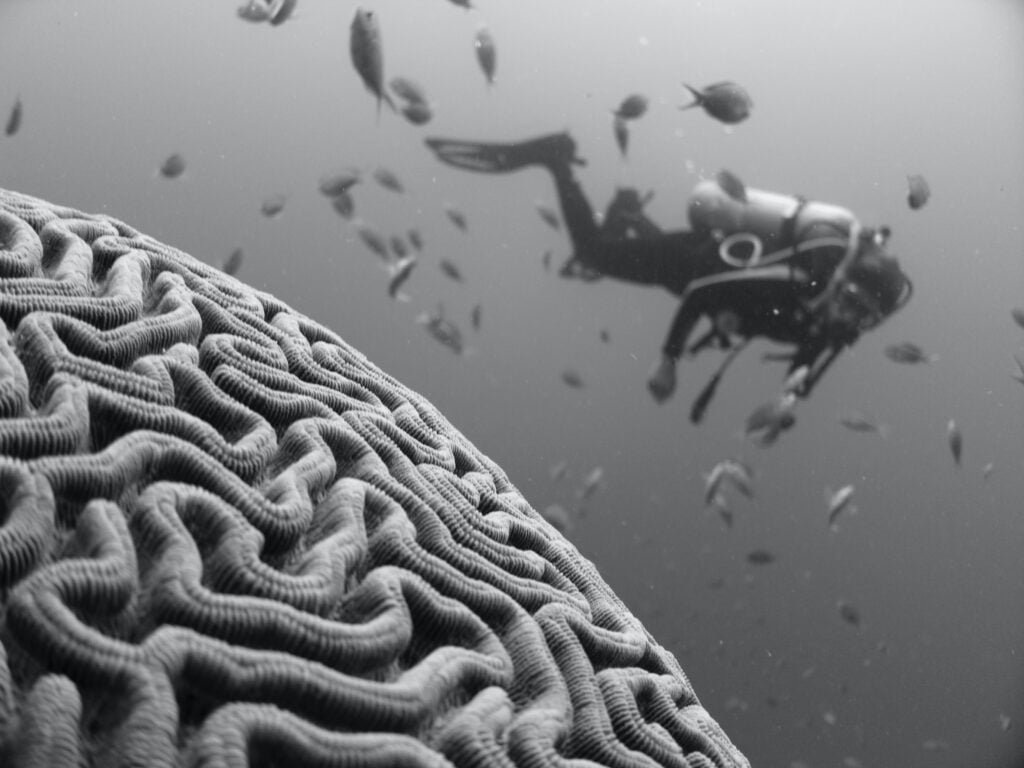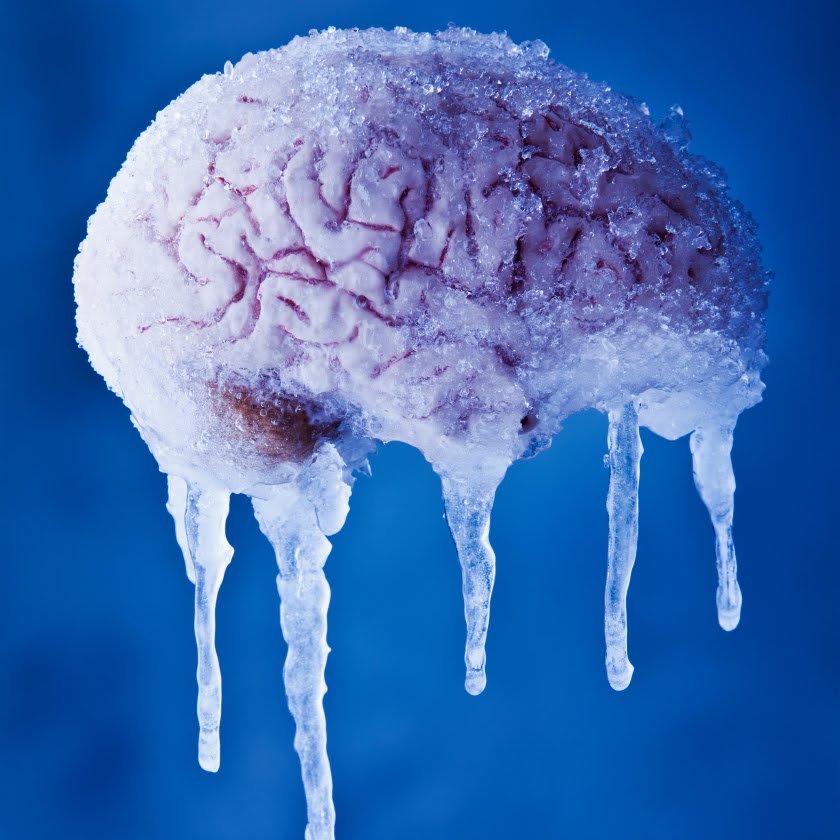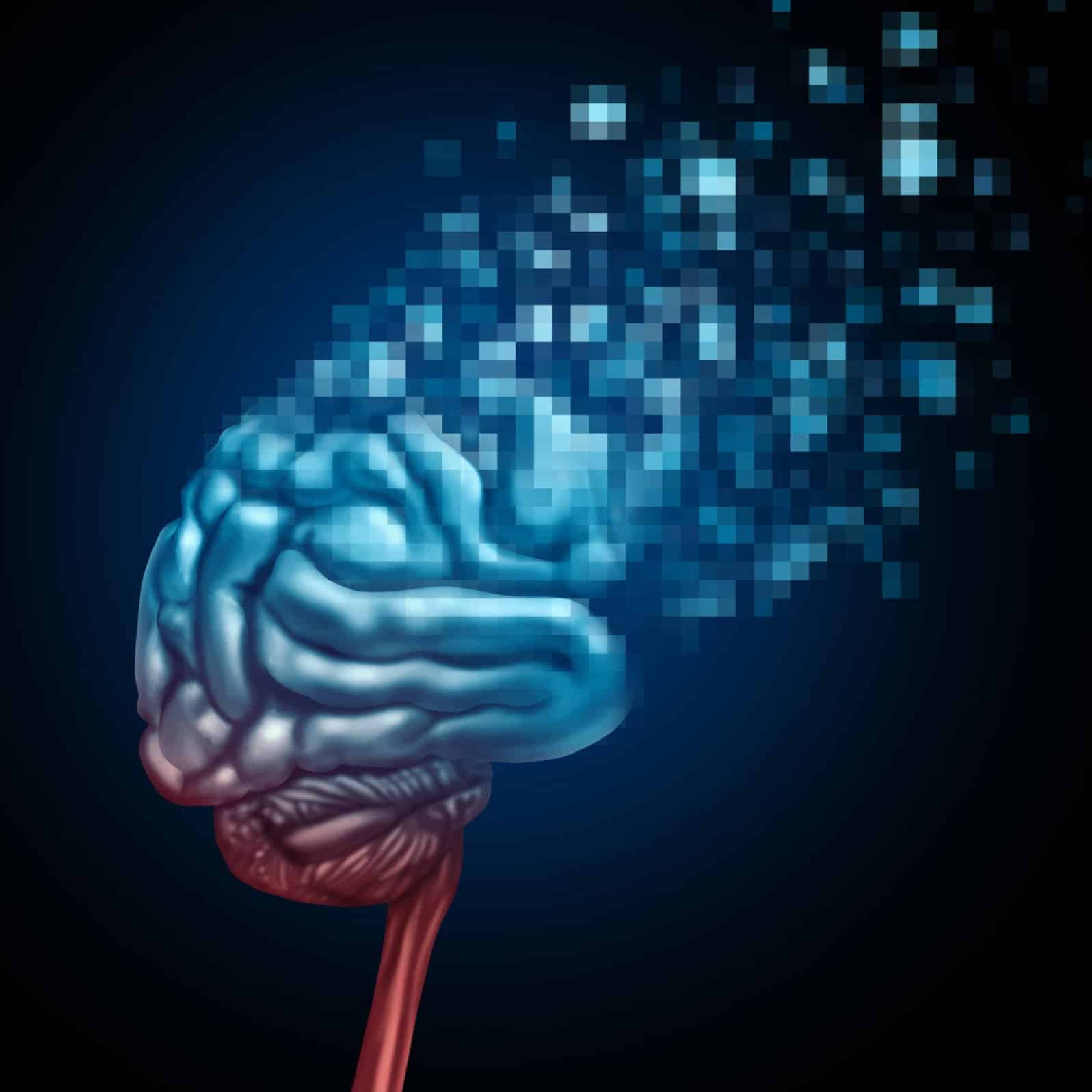Many transhumanists speculate that we may one day be able to scan the human brain and “upload” it to a computer.
This could allow humans to survive death in digital form, or to keep a copy of themselves that remains long after death. Today we are nowhere near capable of doing this, but can we keep the brain until technology makes it possible to digitize it? This is the question posed by Robert McIntyre, founder of Nectome.
Nectome: let's get ready to upload
In 2015 McIntyre launched a startup called Nectome, aimed at developing technologies to preserve and digitize the brain. It is not a question of hibernating a head to transplant it to another body (others take care of that). It is an operation more similar to that of bringing an archive to the Cloud.
Today, Nectome is a bit in the shadows, and I'll explain why later, but McIntyre's dream (to preserve the human brain so that it can be digitized in the future) is still alive. What is the current state of research?
Let's start with philosophy

How did I do it thinking about teleportation in this post from some time ago, I cannot avoid starting from some preliminary philosophical considerations. It is important, they are not details.
Can a digital copy of a brain really be defined as surviving death? Is it the same "person", or just a copy of him?
McIntrye says yes. While we will never reach a point where consciousness can somehow be transferred to a computer, he says, digitizing the brain and getting a copy is inherently a continuation of life.
Every choice made in life influenced the way the brain became, so starting from that “rescue copy” is a sort of continuation of the journey after death.
But it's not you anymore, right?
“If we're talking about a copy of a person, but you're saying it's not the same person, in a way it's not,” McIntyre says. “A newly created copy has literally not experienced the events of that person's life, because obviously it isn't. On the other hand, in a sense he is the same person because his brain is the exclusive fruit of that person's experiences”.
The difficult task of preserving the brain
The “Vulcan” logic with which McIntyre tends to approach things earned Nectome a lot of criticism a couple of years ago.
His company had obtained funding and support from MIT and several investors. It seemed to have a promising future.
Then, in an article of MIT Technology Review McIntrye calmly described his brain-preserving process as “100% fatal.” The word “euthanasia” began to creep into his statements, and people at MIT began to distance themselves. from the company.
How Nectome's brain preservation process works

Nectome has created a chemical solution to be injected into the body to "vitrify" the brain, so that it can be preserved and then digitized when technology is able to do so.
There is a significant detail. Nectome is a process that should be carried out while you are still alive. This is why McIntyre has the idea of involving terminally ill patients in the project.
Unsurprisingly, this has been seen as highly controversial by some. And let me tell you that this is not a scientific but a communicative problem.
Randal Koene, a neuroscientist and neuroengineer who he co-founded Carbon copies, a research organization studying how to perfectly simulate the functioning of a brain, thinks that Nectome has not been able to communicate its plans and methods. This would have caused the startup quite a few problems.
It is important to focus on communicating scientific advances without confusing them with speculative assumptions about future medical protocols. Especially if these medical protocols are not yet subject to ethical guidelines.
Randal Koene, Carbon copies
Nectome has done rigorous studies
Despite miscommunicating her research, Nectome has been meticulous in her studies, all of which are published and peer-reviewed. The results, evaluated by the Brain Preservation Foundation and others, are of exceptionally high quality according to many insiders, including Koene himself.
McIntyre says he understands why people are scared of these issues. Death is a scary thing. But he still works to keep the human brain in perfect condition, and he truly believes his work could change society forever.
As he sees it, storing and digitizing the brain could change our perception of the world, history and reality.

A true, complete historical memory
“The fact of the matter is that currently when you die, all the information in your brain is completely destroyed. This is how every generation gets lost,” says McIntyre.
Whenever society develops a mechanism to preserve information and pass it on to the next generation with greater fidelity, it produces radical changes in society. It involves the transmission of information.
Just like the ability to write, the invention of the printing press, and the other ways we have advanced, preserving and digitizing the human brain will have a profound impact on humanity.
The transmission process is neither easy nor close, so (to preserve a more faithful memory than any film, video, audio, book ever made) we should learn to preserve the brain as soon as possible.


